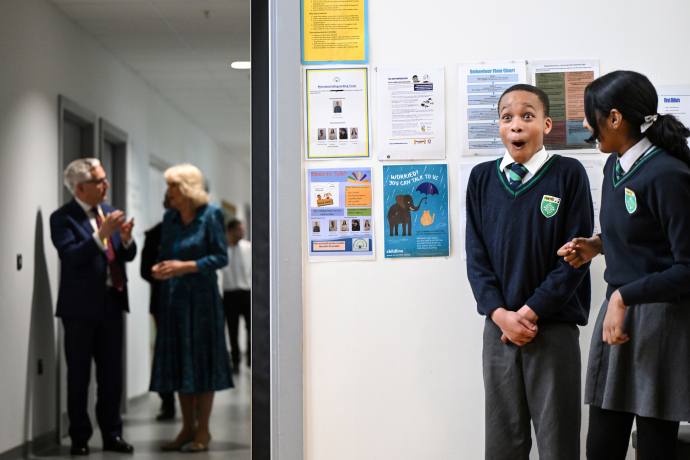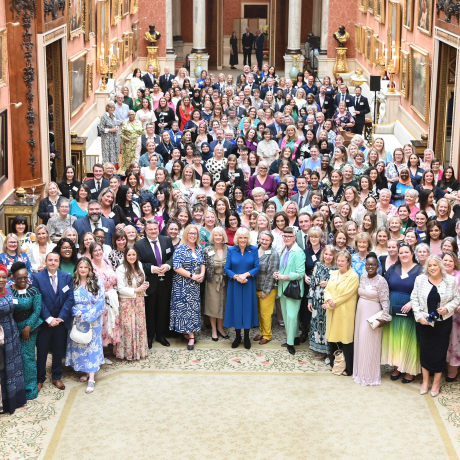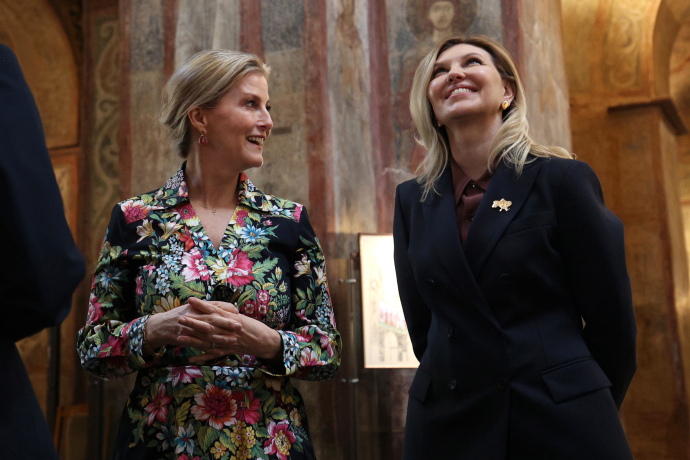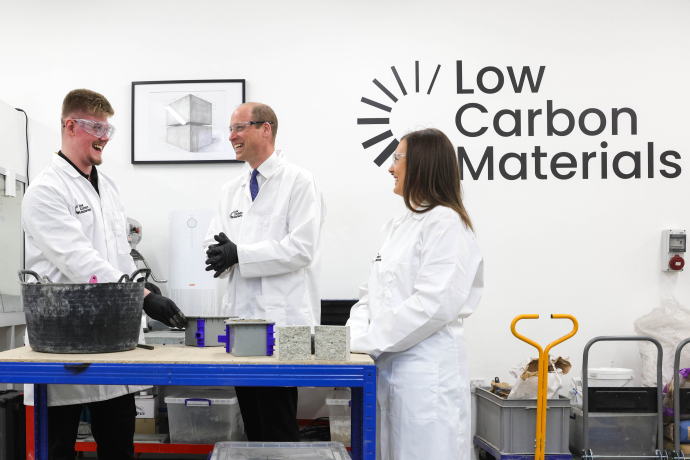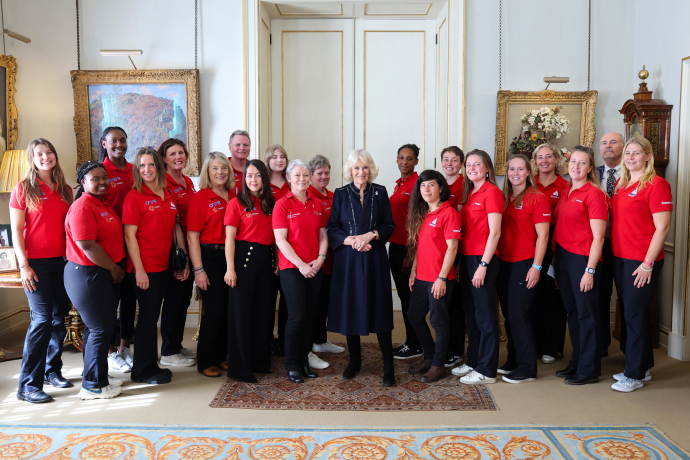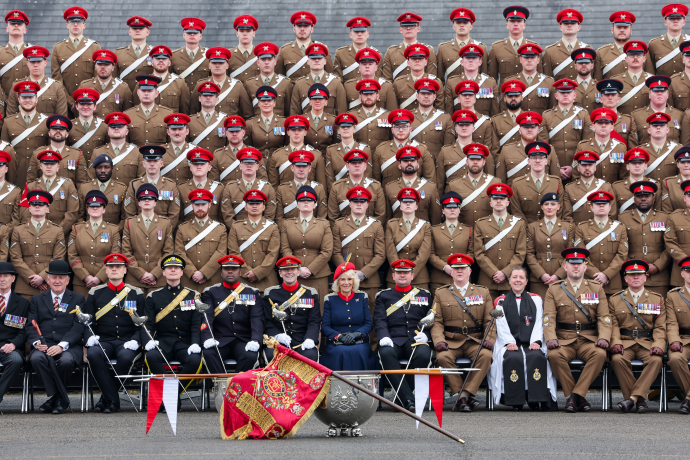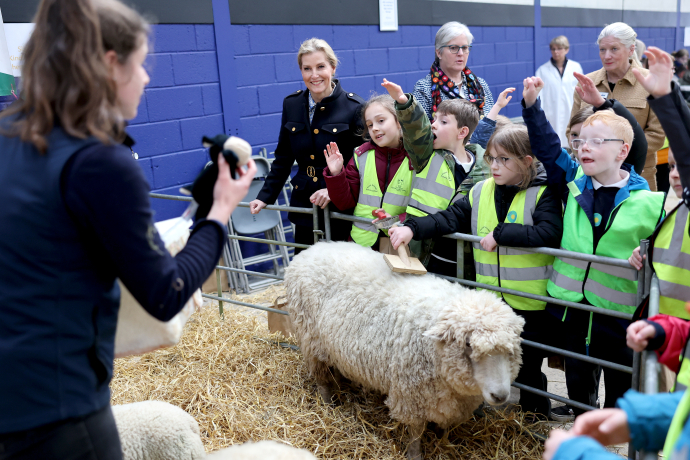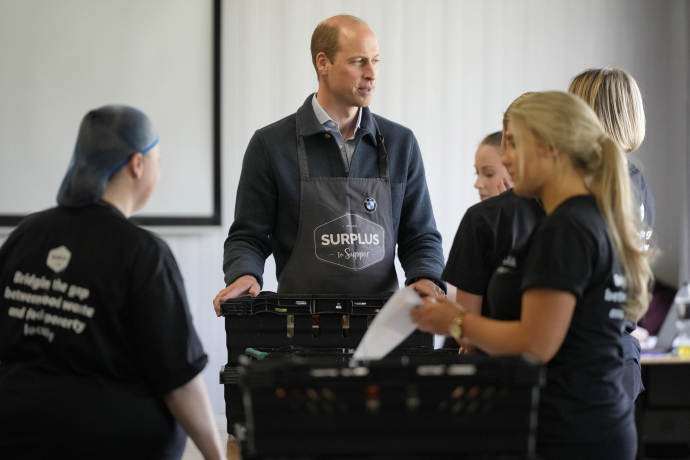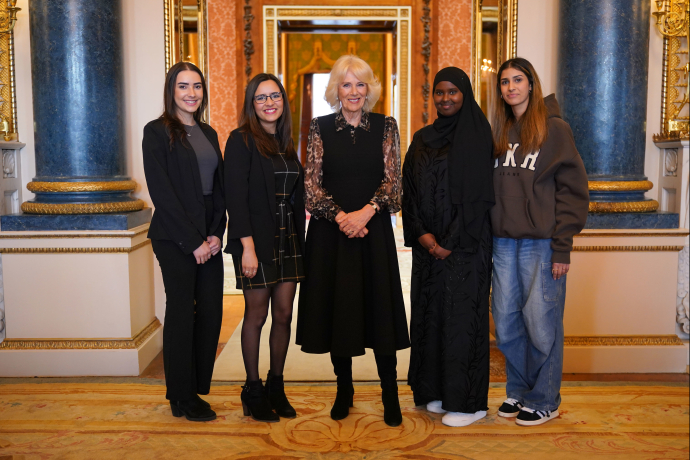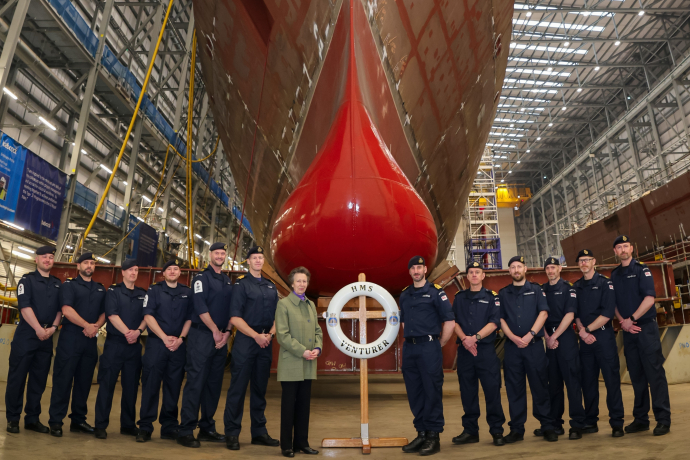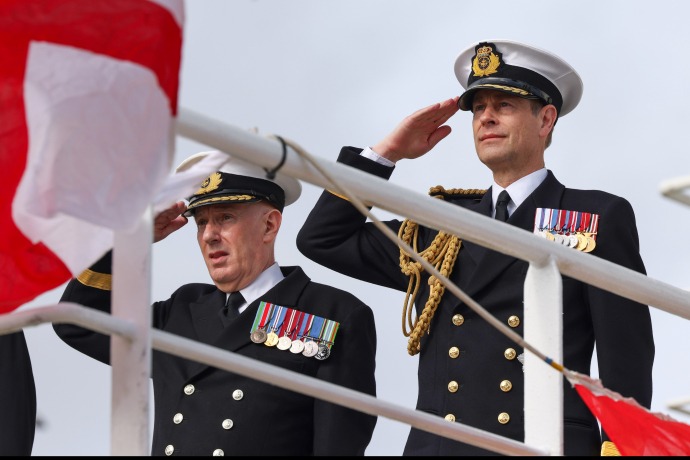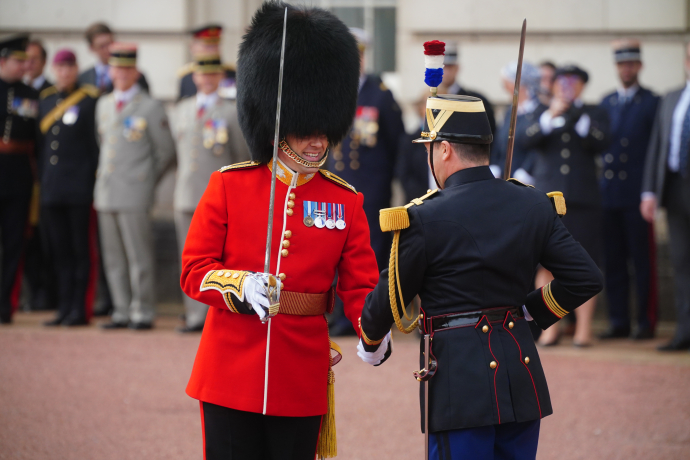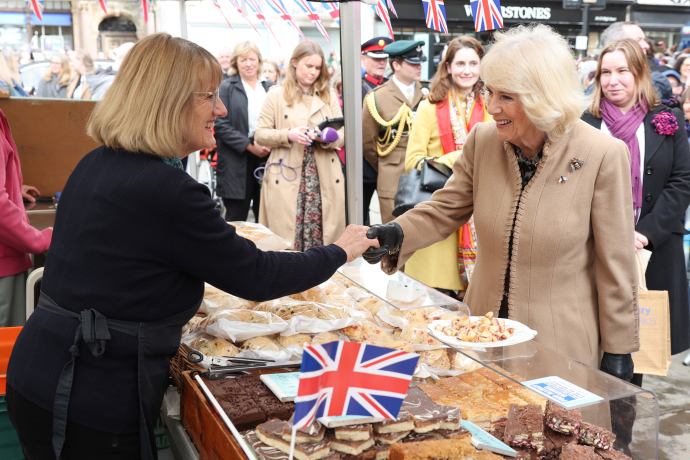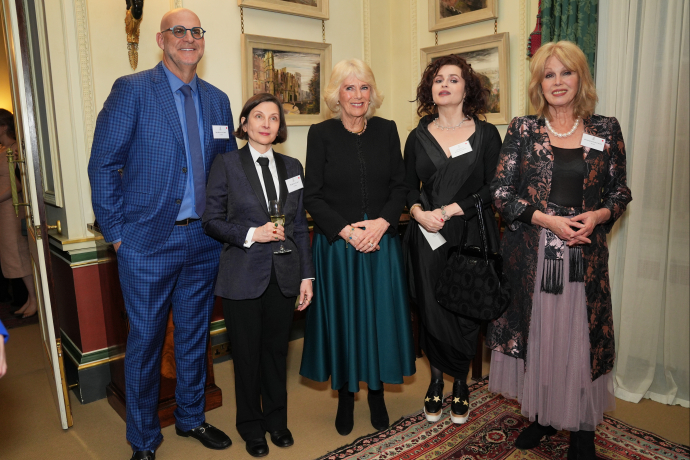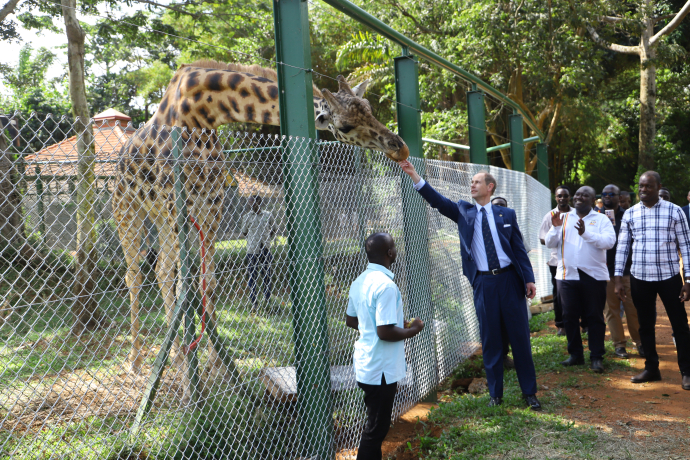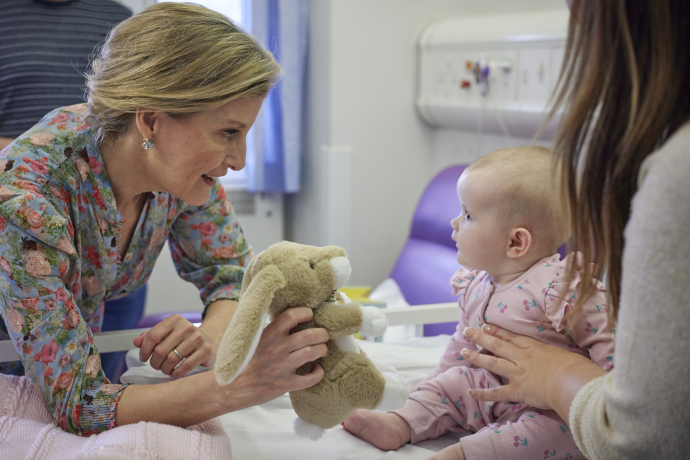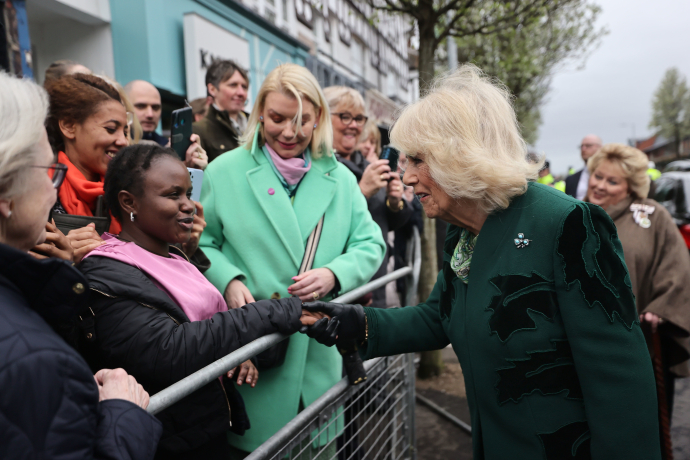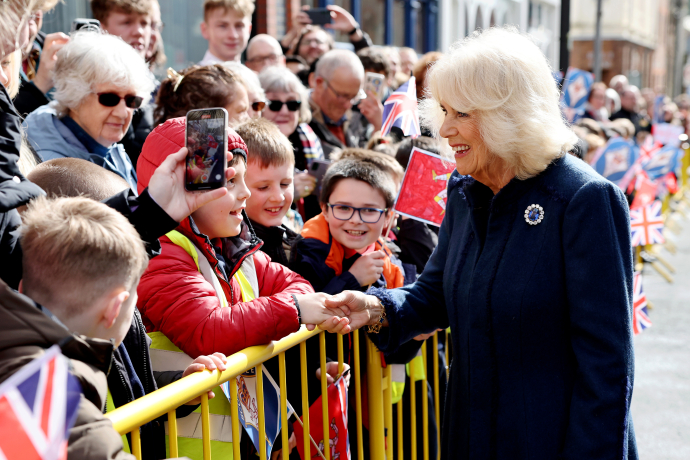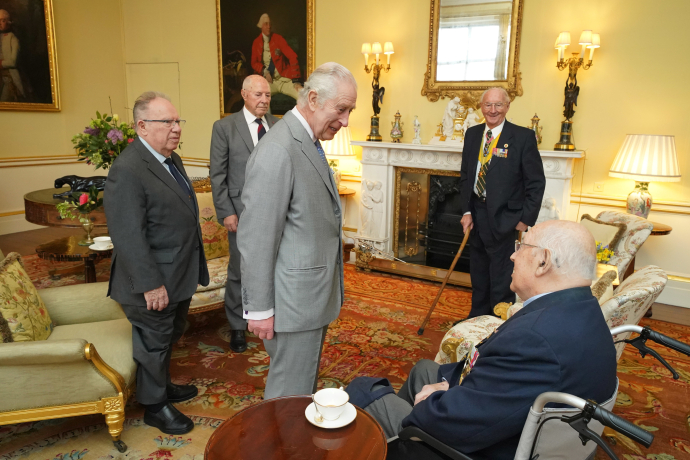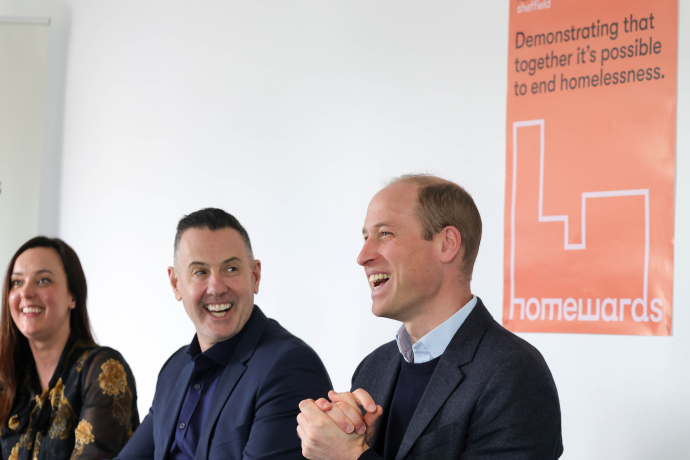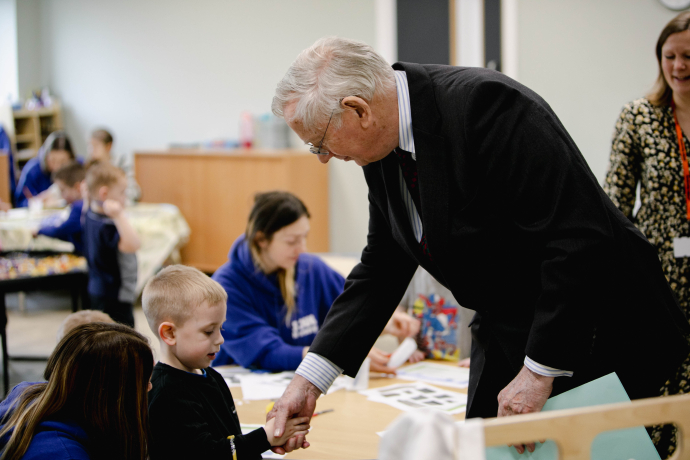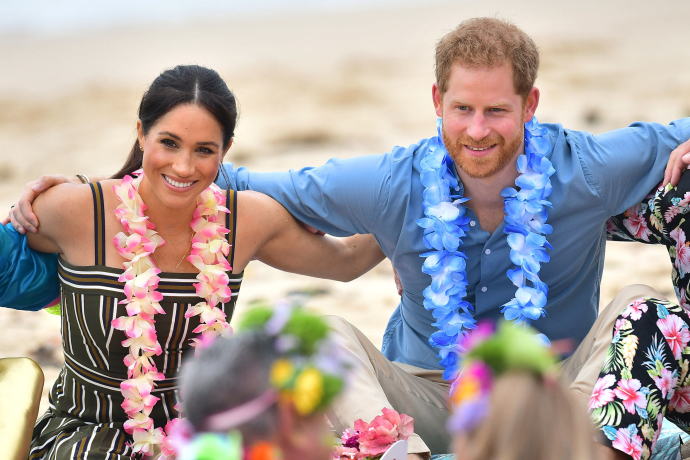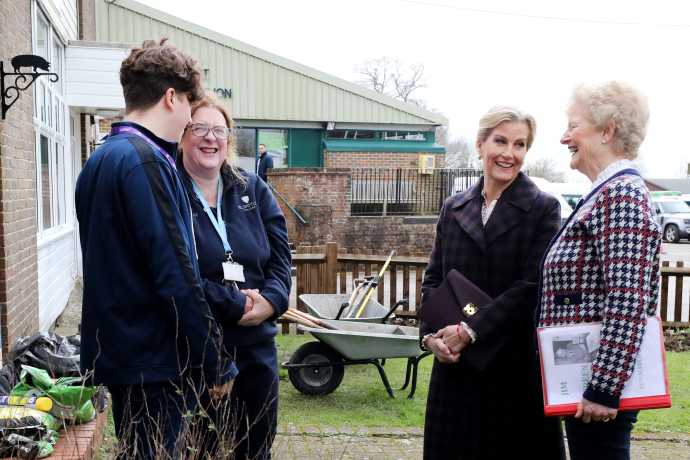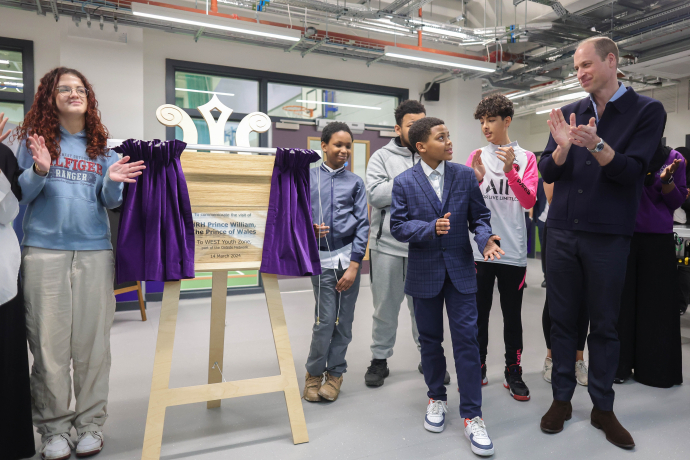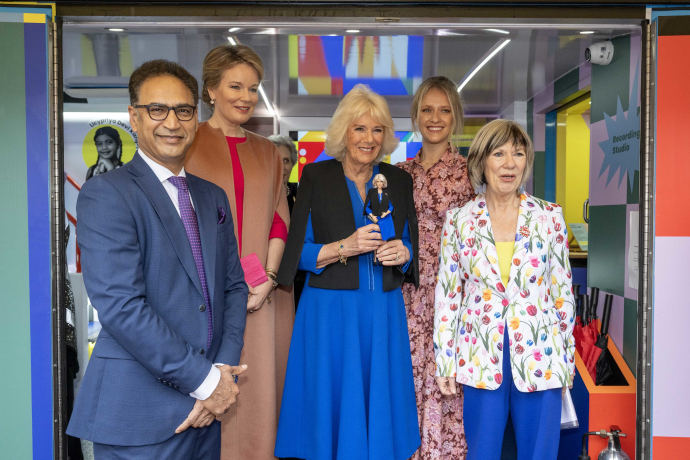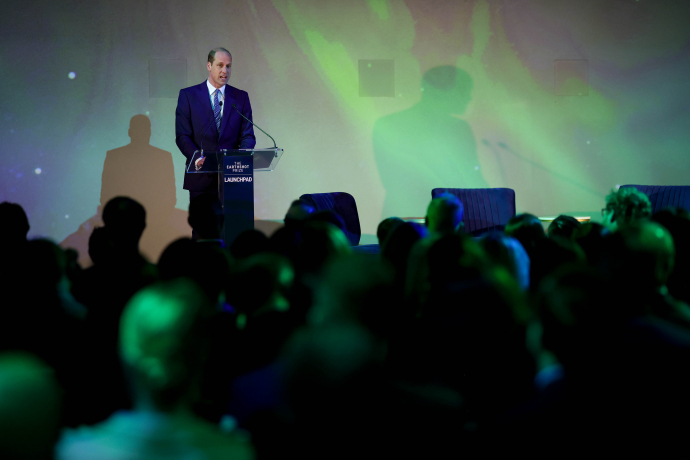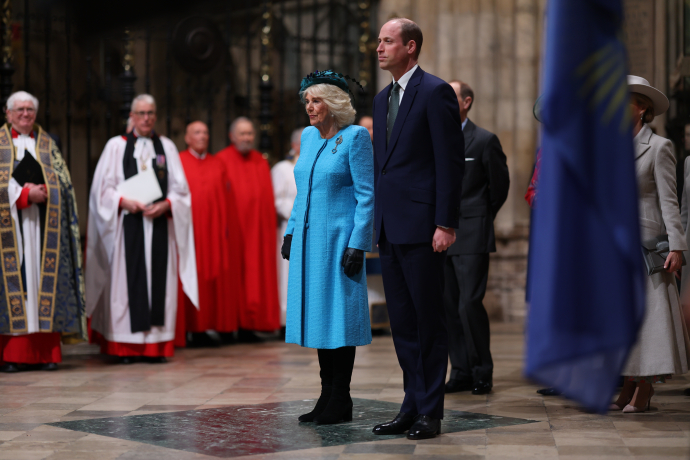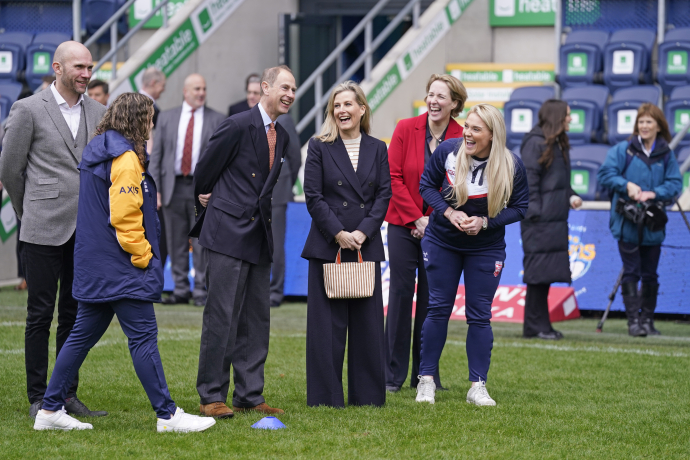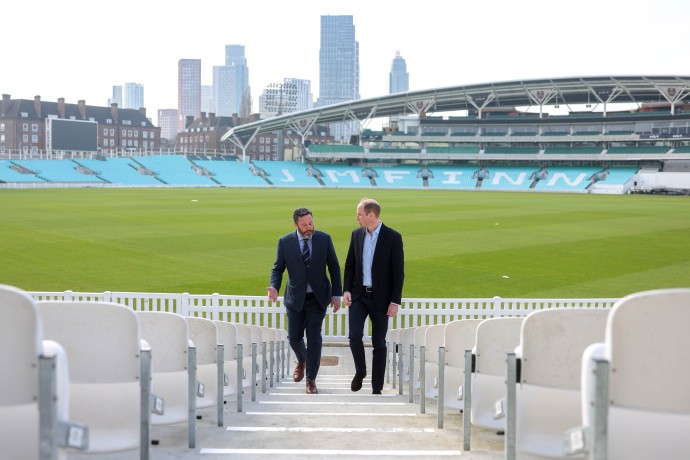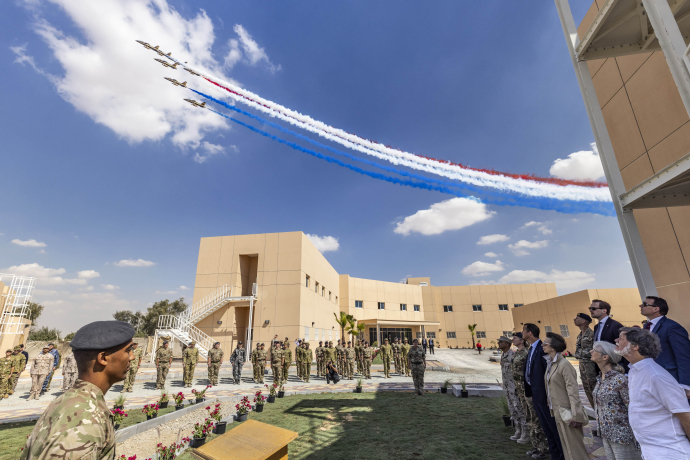The Great Seal of the Realm is the chief seal of the Crown, used to show the monarch's approval of important State documents.
In today's constitutional monarchy, the Sovereign acts on the advice of the Government of the day, but the seal remains an important symbol of the Sovereign's role as Head of State.
The practice of using this seal began in the reign of Edward the Confessor in the eleventh century, when a double-sided metal matrix with an image of the Sovereign was used to make an impression in wax for attachment by ribbon or cord to Royal documents.
The seal meant that the monarch did not need to sign every official document in person; authorisation could be carried out instead by an appointed officer.
In centuries when few people could read or write, the seal provided a pictorial expression of Royal approval which all could understand.
The uniqueness of the official seal - only one matrix is in existence at any one time - also meant it was difficult to forge or tamper with official documents.
The Great Seal matrix has changed many times throughout the centuries. A new matrix is engraved at the beginning of each reign on the order of the Sovereign.
It is traditional that on the death of the Sovereign the old seal is used until the new Sovereign orders otherwise.
For many monarchs, a single seal has sufficed. In the case of some long-reigning monarchs, such as Queen Victoria, the original seal simply wore out and a series of replacements was required.
The Queen has had two Great Seals during her reign.
The first was designed by Gilbert Ledward and came into service in 1953. Through long usage and the heat involved in the sealing process, the matrix lost definition.
In 2001 a new Great Seal, designed by sculptor James Butler and produced by the Royal Mint, came into use.The obverse depicts The Queen seated facing front in coronation robes, crowned and holding the sceptre and orb. The reverse bears the full Royal Arms.
The Great Seal matrix is used to create seals for a range of documents requiring Royal approval, including letters patent, Royal proclamations, commissions, some writs (such as writs for the election of Members of Parliament), and the documents which give power to sign and ratify treaties. Each year more than 100 documents pass under the Great Seal.
Separate seals exist for Scotland - the Great Seal of Scotland - and for Northern Ireland.
The process of sealing takes place nowadays at the House of Lords in the office of the Clerk of the Crown in Chancery. A system of 'colour coding' is used for the seal impression, depending on the type of document to which it is being affixed.
Different coloured sealing material is used for different types of document.
Dark green seals are affixed to letters patent which elevate individuals to the peerage.
Blue seals are used for documents relating to the close members of the Royal Family.
Scarlet red is used for documents appointing a bishop and for most other patents.

